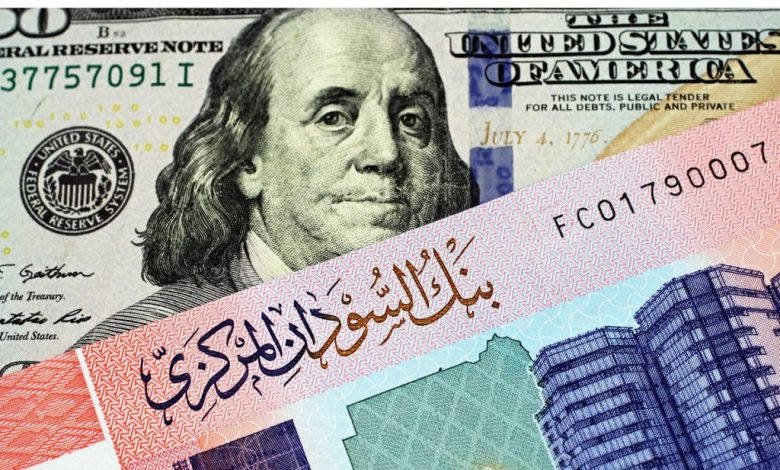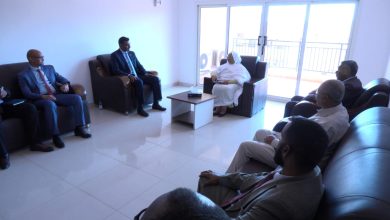Economic
Rising Dollar Prices Impact Family Budgets

Sudan Events – Reports
Citizens complained about rising commodity prices, particularly medicines, due to the significant and ongoing increase in the dollar rate since the outbreak of the war. In statements to Al-Ahdath, they confirmed that the rising dollar is affecting their budgets, leaving many unable to meet their living needs. Although they acknowledged that the dollar’s rise is one of the war’s consequences, they called on authorities to intervene and fight profiteers.
Meanwhile, foreign currency exchange rates against the Sudanese pound in both the parallel market and Sudanese banks have stabilized at their last recorded highs.
Currency traders reported that the dollar’s buying price in the parallel market on Wednesday remained stable at 2,800 pounds, while the selling price was 2,850 pounds. The buying price of the Saudi riyal was 746.66 pounds, and the selling price was 760 pounds. The buying price of the UAE dirham was 762.94 pounds, while the selling price was 776.56 pounds. The euro’s buying price stood at 3,111.11 pounds, and the selling price was 3,166.66 pounds. The British pound was bought for 3,733.33 pounds and sold for 3,800 pounds. The Egyptian pound was bought for 57.95 pounds and sold for 58.99 pounds. The Bahraini dinar buying price was 7,368.42 pounds, and the Qatari riyal was bought for 769.23 pounds and sold for 782.96 pounds. The Omani riyal buying price was 7,368.42 pounds, and the Kuwaiti dinar was bought for 9,032.25 pounds.
Meanwhile, banks announced a new increase in currency prices on their daily trading boards. The highest buying price of the dollar in banks was recorded by Omdurman National Bank, where it reached 1,990 pounds, with a selling price of 2,004.92 pounds. Faisal Islamic Bank offered the dollar at a buying price of 1,985 pounds, and the selling price was 1,999.8875 pounds. Bank of Khartoum maintained its buying price at 1,982.00 pounds, with a selling price of 1,996.87 pounds.



